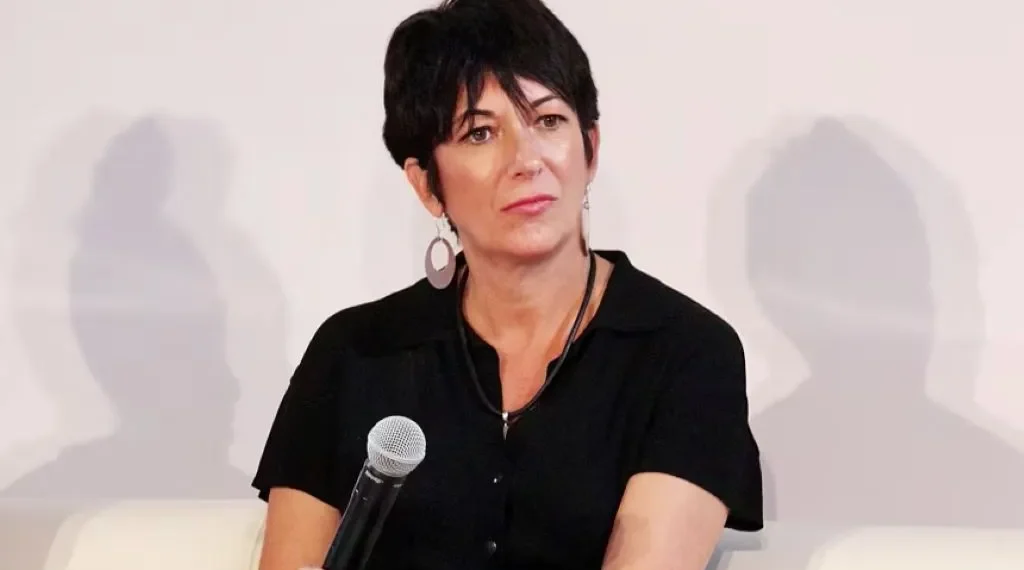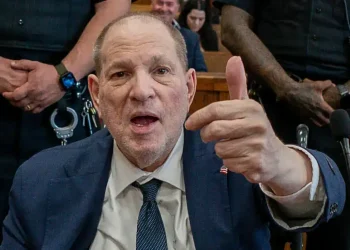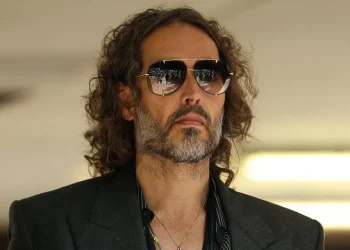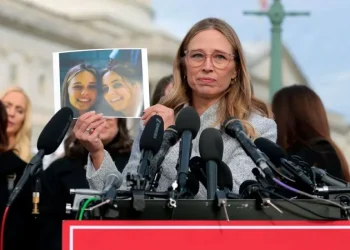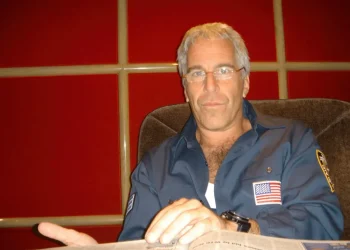Ghislaine Maxwell’s Transfer to Texas Prison Camp Sparks Scrutiny and Tensions
Published Time: 08-16-2025, 15:30
Ghislaine Maxwell’s transfer to a federal prison camp in Texas has stirred unease among inmates, staff, and lawmakers. While her legal team argues that the move was for safety reasons, the unusual placement of a convicted sex offender in a minimum-security facility has fueled debate inside and outside prison walls.
A High-Profile Arrival in Bryan
Earlier this month, Maxwell arrived at the Federal Prison Camp (FPC) in Bryan, Texas, a minimum-security, all-female facility known primarily for housing non-violent white-collar offenders. Her presence has unsettled inmates and staff alike, according to multiple people familiar with the prison environment.
Sam Mangel, a prison consultant with clients at FPC Bryan, told CNN that Maxwell’s arrival has made the once relaxed facility more tense. “She’s not making any friends. She’s radioactive,” Mangel said, noting that other inmates generally seek to serve their sentences quietly without drawing attention.
Prison staff reportedly cautioned inmates against speaking openly about Maxwell, reflecting the sensitivity surrounding her case.
Concerns Among Inmates
The arrival of such a high-profile figure has created ripple effects inside the prison community. According to The Daily Telegraph, one inmate, Julie Howell, expressed frustration over Maxwell’s presence. Shortly after her comments were made public, Howell was removed from a prison puppy-training program and later transferred to a federal detention center in Houston, her lawyer confirmed.
Patrick McLain, Howell’s attorney, told CNN that the incident has left other inmates wary. “Nobody’s going to say anything about Ghislaine Maxwell now, are you kidding?” he said.
Former inmates have also voiced concerns. Jill Ford, who was released from Bryan within the past year, said Maxwell’s presence could cause unease during visitation times, especially since many inmates’ children regularly visit the facility. Maxwell’s visitation privileges remain unclear.
Maxwell’s Background and Conviction
Maxwell was convicted in 2021 on charges of sex trafficking minors connected to Jeffrey Epstein’s criminal network. She received a 20-year sentence, with a projected release date approximately 12 years from now, according to federal prison records.
Her role as Epstein’s close associate has made her one of the most scrutinized inmates in the federal system. The decision to move her from the Federal Correctional Institution in Tallahassee, Florida, to a lower-security camp in Texas has therefore raised questions among legal experts and political figures.
Legal Justification and Political Reactions
Maxwell’s attorney, David O. Markus, defended the transfer in a post on X (formerly Twitter). He argued that the move was necessary to ensure her safety, claiming Maxwell faced significant risks at the Florida facility.
“I’m surprised to hear my progressive friends criticizing more humane prisons and Ghislaine’s transfer to a safer facility, especially after she faced serious danger in Tallahassee,” Markus wrote. “The outrage machine wants to turn a safer placement into a scandal.”
The Justice Department and the Bureau of Prisons have not commented publicly on the transfer, despite repeated media inquiries.
On Capitol Hill, Democratic Senator Sheldon Whitehouse has requested more information about Maxwell’s reclassification and the reasoning behind the Bureau of Prisons’ decision. As of Thursday, his office confirmed that no additional details had been provided.
An Unusual Placement
Maxwell’s transfer stands out for several reasons. Typically, inmates convicted of sex crimes, particularly those involving minors, are not assigned to minimum-security prison camps. Such facilities generally house women convicted of non-violent offenses, including fraud and other white-collar crimes.
It is also unusual for inmates with lengthy sentences—Maxwell still has more than a decade remaining—to be transferred to such a setting. This has fueled speculation about whether her case was handled differently from others.
Restrictions Inside Bryan
Despite the relatively open environment of FPC Bryan, Maxwell will not have full access to all of the camp’s programs.
For example, the prison’s work-release program, which trains inmates to become certified nursing assistants, screens applicants carefully. Individuals with certain convictions, including sex-related crimes, are excluded, according to people familiar with the program.
Similarly, Maxwell is barred from participating in the camp’s popular puppy-training program, operated by Canine Companions. The initiative pairs inmates with service dogs in training, allowing prisoners to raise and socialize the animals before they are placed with people with disabilities.
Paige Mazzoni, CEO of Canine Companions, explained to CNN why Maxwell cannot join. “We do not allow anyone who has committed crimes against animals or minors. That’s because they’re vulnerable populations. The goal is to give the puppies love and enough confidence to continue to learn tasks,” she said.
Currently, seven puppies—Kianda, Lisa VII, Louise V, Mavis IV, Hector VII, and Gator V—are being trained by 15 inmate handlers inside Bryan. Maxwell has not applied, and even if she did, she would be rejected under the program’s rules.
Comparisons with Other High-Profile Inmates
Other high-profile inmates currently housed at Bryan, including Elizabeth Holmes, former CEO of Theranos, and Jennifer Shah, known from The Real Housewives of Salt Lake City, are also not part of the puppy-training program.
While Holmes and Shah were convicted of financial crimes, Maxwell’s offenses carry a different level of stigma, particularly given their connection to Epstein’s crimes against minors. This difference underscores the unique challenges prison staff face in managing her placement.
Looking Ahead
Maxwell’s time at FPC Bryan is expected to continue drawing public and political scrutiny. For the prison population, her presence has already altered the daily atmosphere in what was once considered one of the least restrictive facilities in the federal system.
As debates continue about prison assignments, inmate safety, and accountability within the Bureau of Prisons, Maxwell’s case serves as a focal point for broader discussions on justice and transparency.
This article was rewritten by JournosNews.com based on verified reporting from trusted sources. The content has been independently reviewed, fact-checked, and edited for accuracy, neutrality, tone, and global readability in accordance with Google News and AdSense standards.
All opinions, quotes, or statements from contributors, experts, or sourced organizations do not necessarily reflect the views of JournosNews.com. JournosNews.com maintains full editorial independence from any external funders, sponsors, or organizations.
Stay informed with JournosNews.com — your trusted source for verified global reporting and in-depth analysis. Follow us on Google News, BlueSky, and X for real-time updates.
